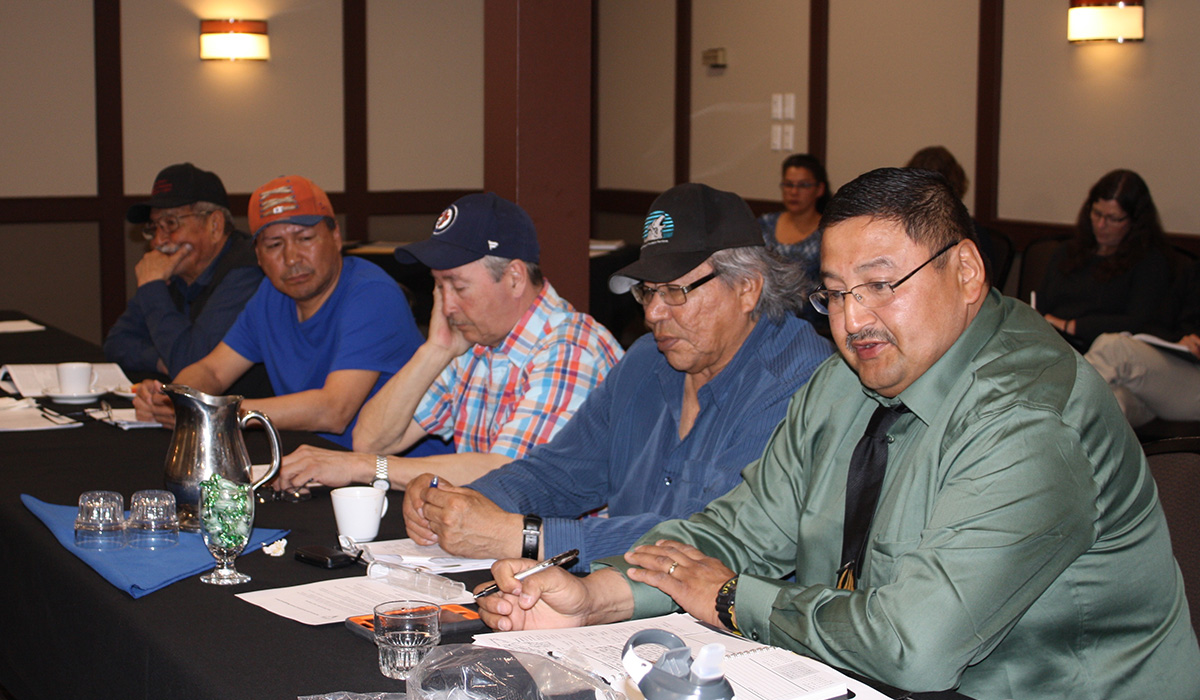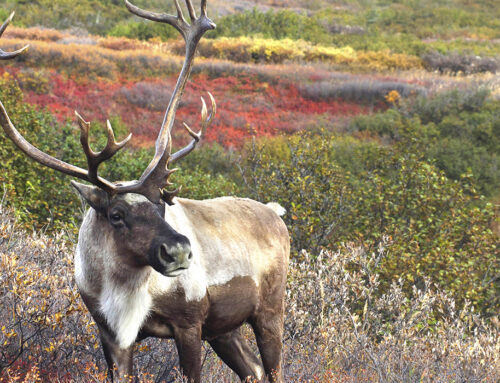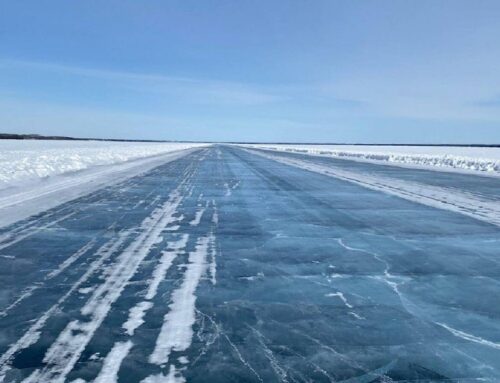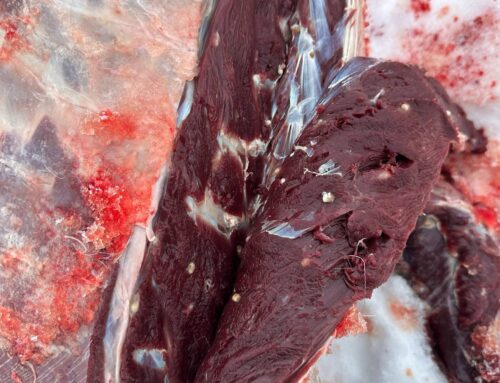May 24, 2018 – During the Beverly and Qamanirjuaq Caribou Management Board (BQCMB) spring meeting held May 8-10 in Prince Albert, Saskatchewan, a common refrain was heard around the Board table – why is the Government of Saskatchewan not fulfilling its commitment to bring its community members to meetings? Those who did attend were funded through their First Nations, not the Government of Saskatchewan, and one member was unable to secure funding to attend at all.
An additional problem that was noted yet again is that neither the governments of Saskatchewan or Manitoba have contributed the funding for board operations that their Ministers committed to provide for ten years, beginning in 2012. While Manitoba has indicated it will contribute its full amount for 2018 as well as the shortfall for 2017, Saskatchewan will again only be providing a portion ($10,000) of its annual contribution to the Board.
But it is about more than money – Indigenous traditional and local knowledge is missing when community members from Saskatchewan and Manitoba cannot attend. “The caribou are these peoples’ lives,” stressed Chair Earl Evans, from the Northwest Territory Métis Nation in Fort Smith, NWT. “Without caribou they die. Caribou is life for other animals and it’s life for the people. We need to have our funding and we need to have it on time so we can have these people back at the table.”
In other Board business, members supported the Government of Canada’s vocal opposition toward attempts to open the Arctic National Wildlife Refuge in Alaska to oil drilling, in order to protect the Porcupine caribou herd, considered one of the largest and healthiest herds in the Canadian north.
Members did, however, express concern with the inconsistency of the federal government’s position on caribou calving ground protection. For herds with calving grounds in Nunavut, most of which are declining and need calving ground protection even more than in the past, like the Qamanirjuaq herd, neither the federal or territorial government has supported protection that was proposed through the draft Nunavut Land Use Plan.
Board members were also concerned with proposed Threatened species designations for barren-ground caribou by both the Northwest Territories (NWT) Conference of Management Authorities and the Government of Canada. These designations under NWT and federal Species-at-Risk legislation would result in recovery strategies that some fear could impact harvesting rights. “Community members in caribou-using communities will only listen and agree if they are consulted so they understand each step of the process,” cautioned Napoleon Denechezhe, from Northlands Denesuline First Nation in Lac Brochet, MB.
Louis Josie, from Hatchet Lake First Nation in Wollaston Lake, SK agreed the need for traditional knowledge in any decision-making is paramount. “Elders all used to say that caribou is our livelihood. We are the caribou eaters. We’ve lived on it all our lives. Don’t give our traditional way of life away.”
The next meeting of the Beverly and Qamanirjuaq Caribou Management Board will be held in Winnipeg from November 20-22, 2018.
The BQCMB is a co-management advisory board that helps manage the Beverly and Qamanirjuaq caribou herds, which migrate across Manitoba, Saskatchewan, the Northwest Territories and Nunavut. The majority of board members represent Aboriginal communities and all board members live in northern Canada.





